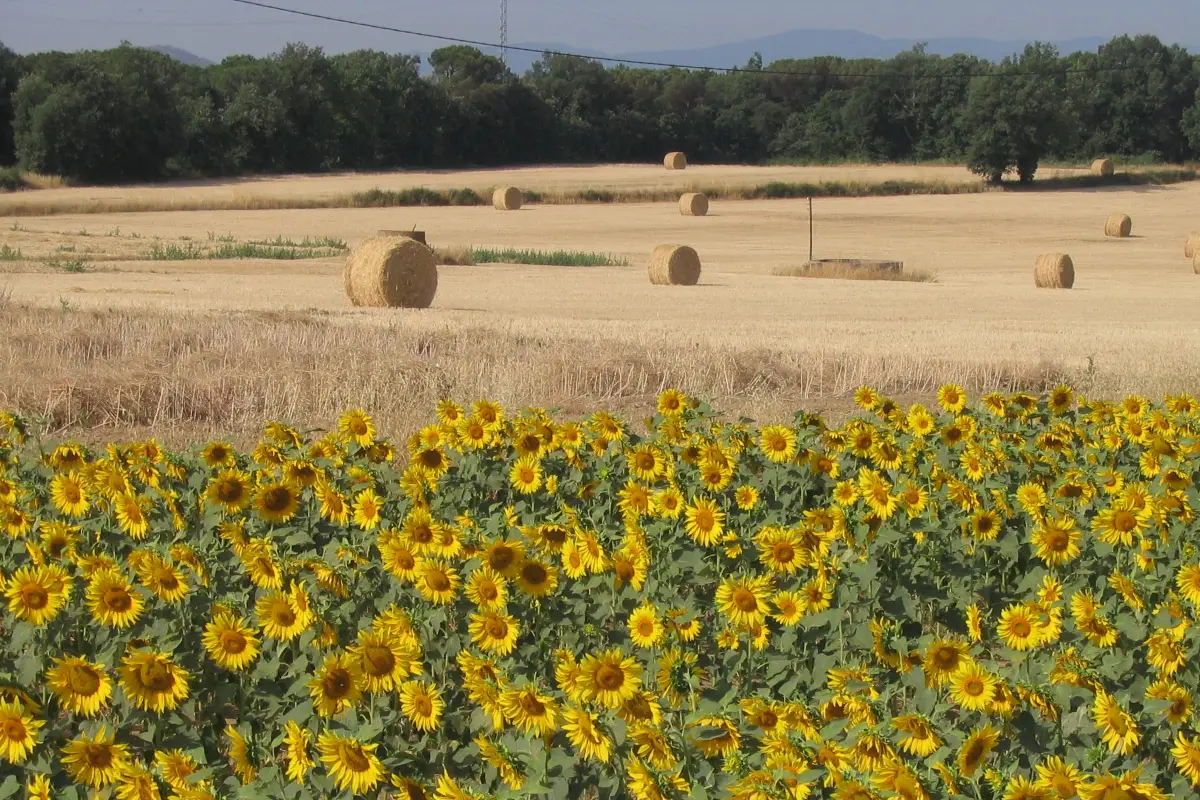
Do you want to access to this and other private contents?
Log in if you are a subscriber or click here to request service
Spain changes the rules according to the CAP 2023-27
The aim is to facilitate understanding of the regulations by farmers and breeders

In Spain, the Council of Ministers approved a royal decree that modifies a number of previous decrees, thus redefining the application of the Common Agricultural Policy (CAP) based on the proposal of the Ministry of Agriculture, Fisheries and Food. The changes are made on the basis of the experience acquired in the first year of validity of the new CAP which came into force on 1 January 2023, and concern...
lml - 36988
EFA News - European Food Agency
EFA News - European Food Agency